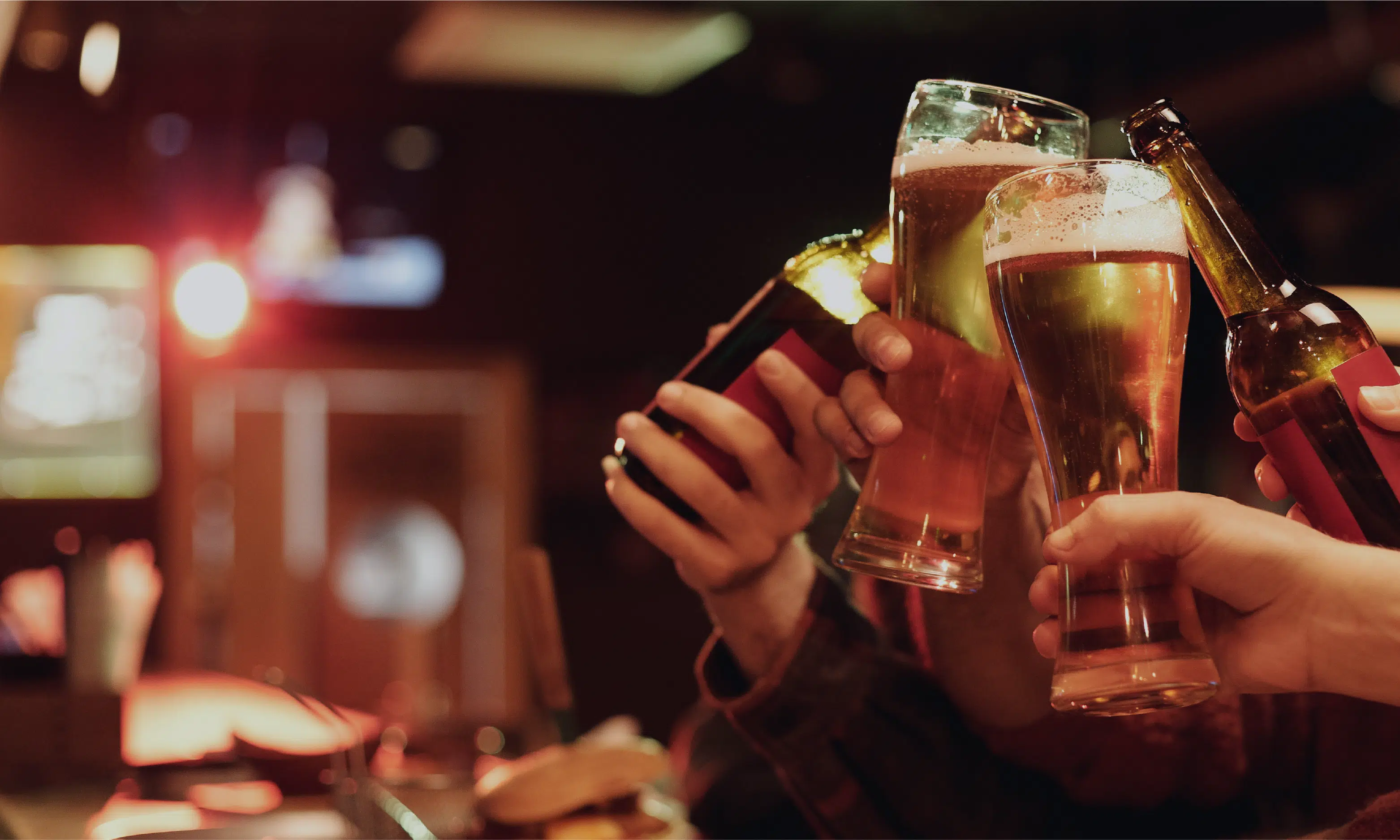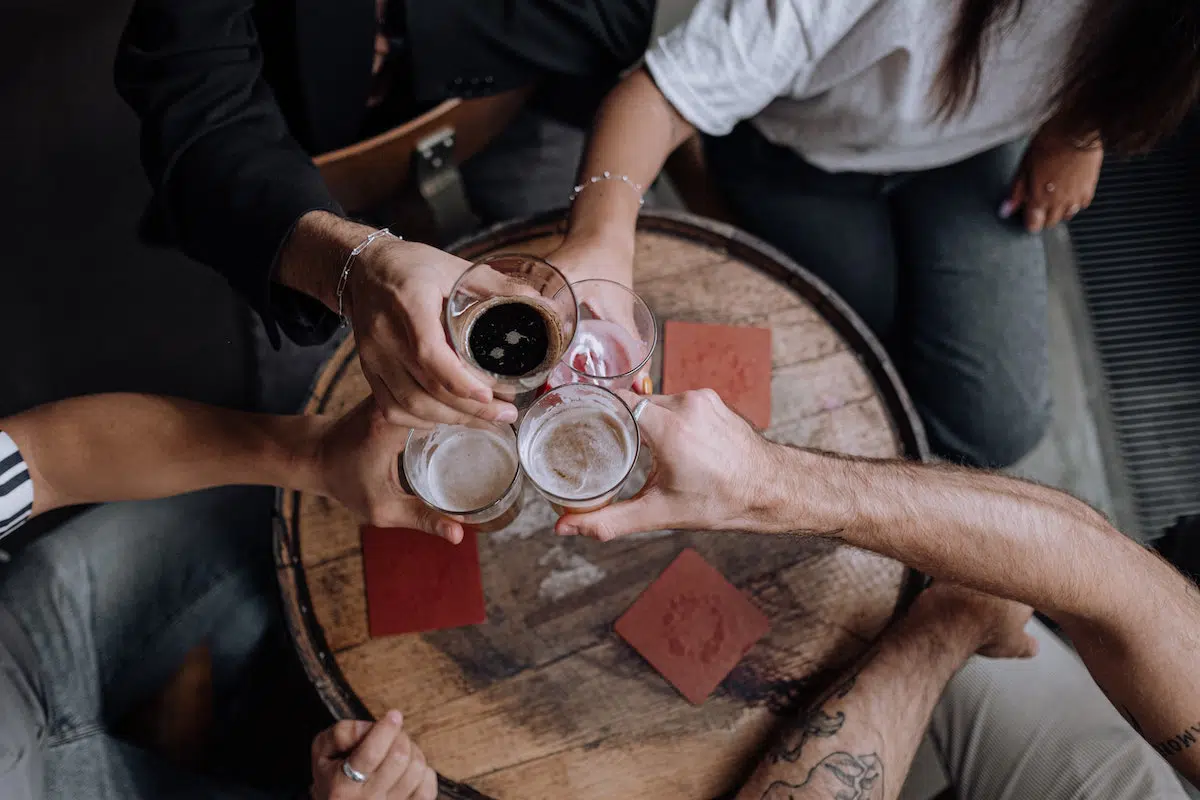Does Missouri Have a Dram Shop Law?
According to the National Highway Traffic Safety Administration, 26% of traffic fatalities in Missouri in 2018 involved alcohol-impaired driving. Many more drunk driving crashes are not fatal, but cause serious harm and personal injury to innocent drivers. If the at-fault drivers in these cases became intoxicated at a bar, restaurant, or other commercial venue that serves alcoholic beverages, those businesses could be held liable.
Not only can a victim receive personal injury compensation from an intoxicated person, they may also be able to file a claim or bring a lawsuit against the business where that person drank. Businesses have a responsibility to keep their patrons and the general public safe. Serving someone who goes on to cause an accident, get into a fight, assault someone, or otherwise cause bodily harm, could make them liable under Missouri dram shop laws.
What is a Dram Shop Law?
A dram is an old English unit of liquid measure, typically referring to an alcoholic beverage. A dram shop is a place that sells and serves liquor, usually meant to be consumed on the premises. This includes bars, nightclubs, breweries, wineries, and restaurants. Dram shop laws cover the liability of these businesses.
In the United States, 43 states and Washington D.C. have dram shop laws. Each state has its own rules about the responsibilities, burden of proof, statute of limitation, and caps on liability amounts.
Missouri has dram shop laws that have a higher burden of proof than some other states, but also gives victims a longer time to file a claim. Proving a dram shop case can be difficult in Missouri, so it is best to consult with an attorney if you have been hurt by someone who drank somewhere that served alcohol.
How Missouri Dram Shop Laws Work
In Missouri, dram shop laws only apply to businesses that are selling alcohol to be consumed there and not taken home. This rules out liquor stores or grocery stores. It also exempts people who may serve guests alcohol at a party or private venue. Although a host would not be liable under a dram shop rule, they can be held criminally liable for serving alcohol to minors.
There are three things that make a business liable:
- Serving a patron who is “visibly intoxicated”
- There is “clear and convincing” evidence of a patron’s intoxication
- Serving someone alcohol who is known to be under the age of 21
If any of these happen, and the patron ends up causing a personal injury, the bartender or server, and their employer could have to pay compensation for the victim’s injuries. There is a statute of limitations of 5 years in Missouri, meaning that the injured party has that long from the date of the incident to file a claim or begin a lawsuit.
Some states have a maximum amount of money an injured party can collect from a business in a dram shop case. In Missouri, there is no liability limit.
The Challenges of Proving Intoxication
Proving that a bar or restaurant knowingly served a minor is fairly straightforward. The other two requirements, however, are harder to determine.
Someone might be considered “visibly intoxicated” if they have glassy eyes, slurred speech, or are stumbling and losing their balance. Giving off a strong odor of liquor or nodding off might be clues too, but being “visibly intoxicated” is open to interpretation.
Not everyone shows the same signs of being drunk and may walk or talk normally. And if the venue is crowded, a server may not notice that someone is showing drunken behavior. It is up to the injured party to prove that the bartender or server was negligent, and they will almost certainly use this excuse in their defense.
The phrase “clear and convincing evidence” also creates a high burden of proof. It implies that bar staff should assess someone’s condition without the benefit of any real ability to collect physical evidence. Evidence in drunk driving cases is typically collected by police in the form of Breathalyzer tests, BACs (blood alcohol concentration), and field sobriety tests. However, if an attorney is pursuing a dram shop case against a bar, there is additional evidence that can be gathered. Receipts for drinks, witness statements about a person’s consumption on the premises, and even surveillance videos can all help prove a business was liable.
Dram Shop Attorneys
Gathering the evidence to prove a dram shop case in Missouri is not something that a victim can typically do by themselves. Instead, it is best to find an attorney such as Hipskind & McAninch that has experience in filing claims and bringing lawsuits in dram shop cases. They know what type of information is needed to win a case and get full and fair compensation for a victim’s injuries.
Settling a personal injury case without an attorney is extremely challenging. If you are also recuperating from serious injuries caused by a drunk driver at the same time, it might be impossible. It is best to consult with a professional who knows all of the facets of personal injury law in Missouri.
Hipskind & McAninch can discuss your case with you to determine the best way to get compensation from the at-fault person in the case of a car accident, fight, or assault that involved intoxication. Then, they can determine if the venue where the person drank shares any of the blame for the incident. If so, they can pursue a dram shop case against them for additional compensation.
Understanding Missouri Dram Shop Law
It is important to understand Missouri dram shop laws, especially in the St. Louis region where people may travel from Illinois for work, recreation, and entertainment. Crossing paths with someone under the influence might result in personal injuries, and the rules are different in Missouri and Illinois.
If you are unfortunate enough to be hurt by an intoxicated person in Missouri, contact Hipskind & McAninch to discuss your case. They will fight to get you compensation for your injuries, not only from the person at fault, but also from any business that contributed to their intoxication.
Category:
Tags:
dram shop law, drunk driving accident, Missouri dram shop law, missouri personal injury law


